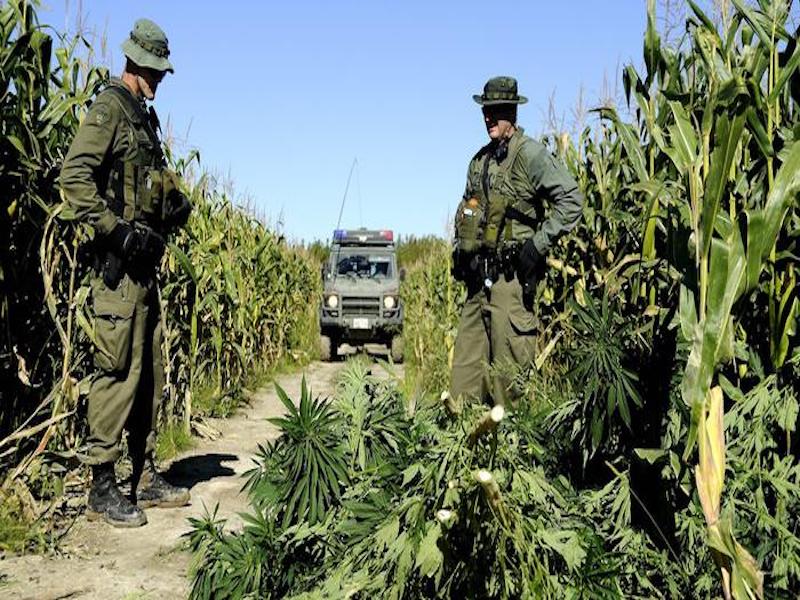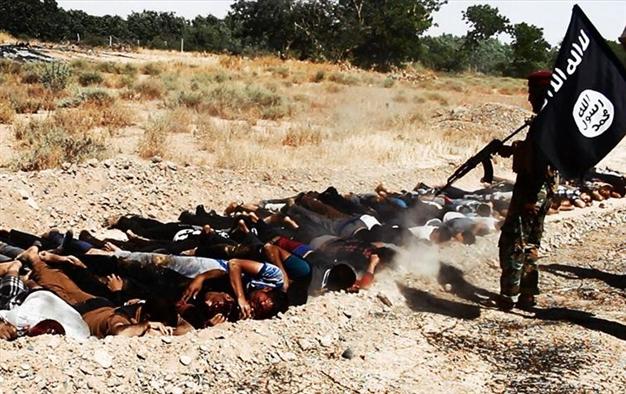Canada’s Senate recently passed new legislation, The Cannabis Act, which will make Canada the second country in the world to legalize marijuana. Previously known as Bill C-45, this new legislation will not only change Canadian society but could also set an example for how this legislation can be implemented. During its development, the Bill has been called into question on several occasions on its effect upon the Canadian Armed Forces (CAF), and how the Canadian Forces ought to adapt its drug use policy.
The 143 page Bill, in short, provides legal access to cannabis, while also controlling and regulating its production, distribution and sale. In practice, Bill C-45 is intended to respect cannabis and to amend the Controlled Drugs and Substances Act, the Criminal Code, and other Acts. In public and civilian life, laws surrounding cannabis are to dramatically change. However, CAF policies have historically provided more strict guidelines in terms of substance and alcohol use, given the demanding physical and mental workplace. In non-civilian life, military personnel are obliged to abide by a strict code of conduct and are not permitted to be under the influence of either alcohol or other substances while on duty.
The current CAF policy is maintained by the DAOD 5019-3, or Canadian Forces Drug Control Program (CFDCP). Issued in 2006, the order applies to officers and non-commissioned members of the CAF and provides strict guidelines as to how drugs fit in the CAF. The general principles explain that CF policy, specifically section 3.1, is committed to a drug-free workforce, and to reduce or eliminate the drug-risk behaviours of CAF members. As a result, CFDCP’s section 20.04 prohibits CF members from any drug use, except for these following three reasons: (a) the member is authorized to use the drug by a qualified medical or dental practitioner for the purposes of medical treatment or dental care; (b) the drug is contained in a non-prescription medication used by the member in accordance with the instructions accompanying the medication; or (c) the member is required to use the drug in the course of military duties.
Although this section might be subject to except cannabis from a complete ban, education, deterrence, detection, treatment, and rehabilitation policies will likely remain the same. Similarly, due to the strict enforcement of the systematic chain of command that exists in the military, the CAF will need to effectively and successfully ensure for education regarding the new policy across many sectors. The responsibilities of each sector are outlined in section 7 of the CFDCP. For instance, the CAF Recruiting Group and the Canadian Defence Academy will need to collaborate in order to amend its education of CAF policy and may need to re-evaluate its policy towards pre-enrolment drug involvement. As well as improved communication on new policy procedures between the Director Military Careers Administration and the many Commanding Officers. At least for its initial policy implementation, it is likely that the new Cannabis Act will encourage the CAF to mirror its alcohol policies, under DAOD 5019-7, to accommodate the new legislation.
Chief of the Defence Staff Gen. Jonathan Vance cautiously agreed with this policy shift, reminding that the military is called upon to do a dangerous and serious duty that does not have a place for “stoners”. Likewise, he recommended to the defence minister that the CAF ought to follow the law of the land and not enforce a total ban, while also keeping strict countermeasures, citing the limited consumption of alcohol in specific circumstances and during operational deployments, notably in Afghanistan. Lieutenant-General Chuck Lamarre also confirmed that the Canadian Armed Forces’ is concerned about “how folks will be able to do their job, [like those] operating heavy equipment, weaponry, who are on call on a regular basis to go and do things, like our [search and rescue] technicians”. Lamarre also noted that cannabis could also be present at military messes and dining halls since alcohol is also currently sold under approved licensing.
Nevertheless, the most consistent answer across the high-ranking military officials and experts when questioning the CAF policy on cannabis is to rely on science to show evidence of effects, recovery, and other cannabis influences that will help structure the policy from its foundation. The Canadian government’s dedicated push for the legalization of cannabis will force the CAF to keep conducting its scientific studies and will compel the CAF to quickly adapt its policies to successfully reflect obedience with federal legislation. In doing so, Canada will provide an example to other national governments and militaries in dealing with progressive drug laws.
Photo:wo members of the Ontario Provincial Police stand next to recently gathered marijuana plants in eastern Ontario during Operation SABOT (2013), by the Canadian Forces Combat Camera via National Defence and the Canadian Armed Forces.
Disclaimer: Any views or opinions expressed in articles are solely those of the authors
and do not necessarily represent the views of the NATO Association of Canada.




